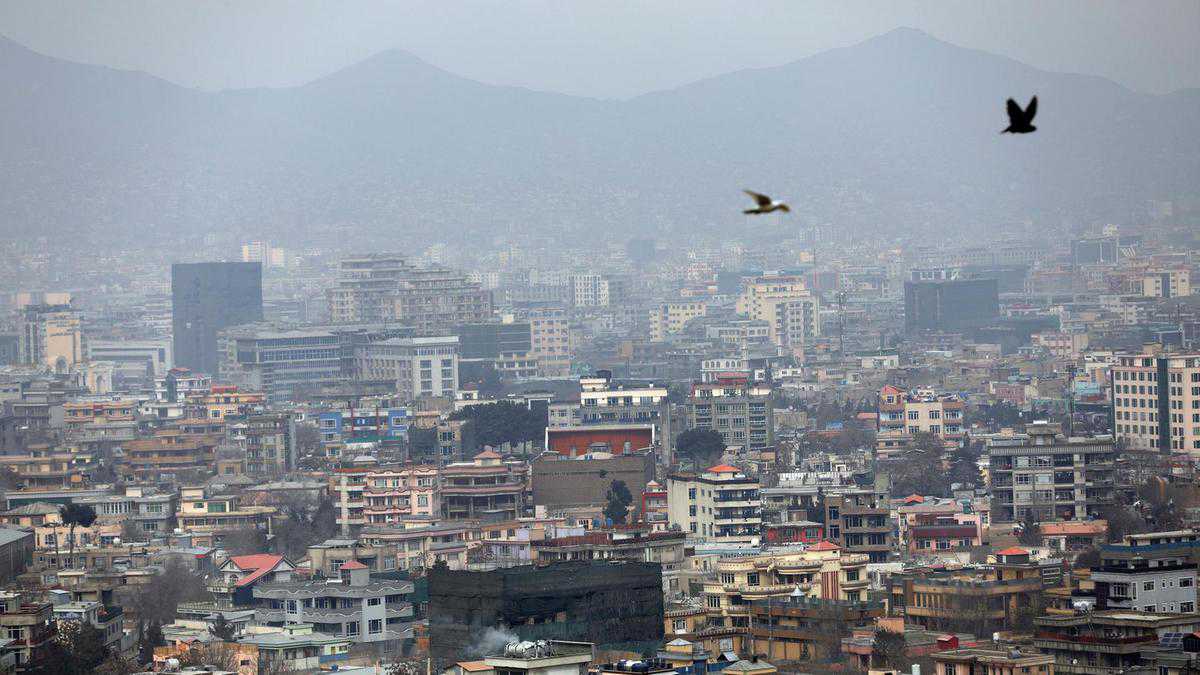US survey reveals wasted billions in cars and properties in Afghanistan
03 March, 2021

The United States wasted billions of dollars in war-torn Afghanistan on properties and vehicles which were either abandoned or destroyed, according to a written report released Mon by a US government watchdog.
The agency said it reviewed $7.8 billion spent since 2008 on buildings and vehicles. Only $343.2 million worth of structures and vehicles “were preserved in good shape,” said the Particular Inspector General for Afghanistan Reconstruction, or Sigar, which oversees American taxpayer investment property on the protracted conflict.
“The actual fact that so many capital assets wound up not used, deteriorated or abandoned must have been a significant reason behind concern for the agencies financing these projects,” John Sopko, the special inspector general, said in his report.
The US public is weary of the practically 20-year-old war and President Joe Biden is reviewing a peace package his predecessor, Donald Trump, signed with the Taliban this past year. He must decide whether to withdraw all troops by May 1, as promised in the offer, or stay and perhaps prolong the battle. Officials state no decision offers been made.
On the other hand, Taliban insurgents and the Afghan authorities have been holding on-again-off-once again talks found in the Gulf Arab point out of Qatar but a offer that could take peace to Afghanistan immediately after 40 years of relentless war seems far off.
Analyst Bill Roggio of the Long War Journal said the results by Sigar aren't surprising. The reason why for the economical losses involve Taliban attacks, corruption and “throwing funds at the condition without taking into consideration the implications,” he said.
“It is a very important factor to build a clinic and school, it is another to use, maintain, and perhaps defend this infrastructure from Taliban attacks,” said Mr Roggio. “On top of that, the West possesses wildly underestimated the effects of Afghan corruption and perhaps incompetence. It was always a recipe for inability.”
US agencies accountable for construction didn’t even ask the Afghans if they wanted or perhaps needed the buildings they ordered built, or if indeed they had the complex capability to keep them performing, Mr Sopko said found in his report.
The waste occurred in violation of “multiple laws and regulations stating that US agencies shouldn't construct or procure capital assets until they are able to show that the benefiting country has the financial and technical resources and capacity to use and keep maintaining those assets effectively,” he said.
Torek Farhadi, a ex - adviser to the Afghan federal government, said a “donor-knows-very best” mentality often prevailed and it routinely meant little to no discussion with the Afghan government on projects.
He said too little co-ordination among the countless international donors aided the wastefulness. For instance, he said colleges were sometimes built alongside other newly constructed schools financed by additional donors. The structure went ahead because once the decision was manufactured - deal awarded and money allocated - the school was built whatever the need, said Mr Farhadi.
The injection of billions of us dollars, largely unmonitored, fuelled runaway corruption among both Afghans and international contractors. But specialists say that despite the waste, the necessity for assistance is genuine, presented the Afghan governments large reliance on international money.
The worsening security situation in Afghanistan also greatly impeded the monitoring of projects, with shoddy construction going undetected, said Mr Farhadi, the former Afghan government adviser.
“Consult with the locals about their necessities and sustainability of the task once the task is complete,” he urged US funding agencies looking to future assignments. “Supervise, supervise, supervise project improvement and implementation and audit each and every layer of expenditure.”
In the years ahead, Mr Roggio said small, more manageable projects ought to be the buy of the day. To build big unmanageable assignments that Afghanistan offers neither the capability nor technical experience for after 40 years of relentless battle “feeds in to the Taliban narrative that the government is usually corrupt, incompetent, and not capable of featuring for the Afghan people,” he said.
Source: www.thenationalnews.com
TAG(s):
